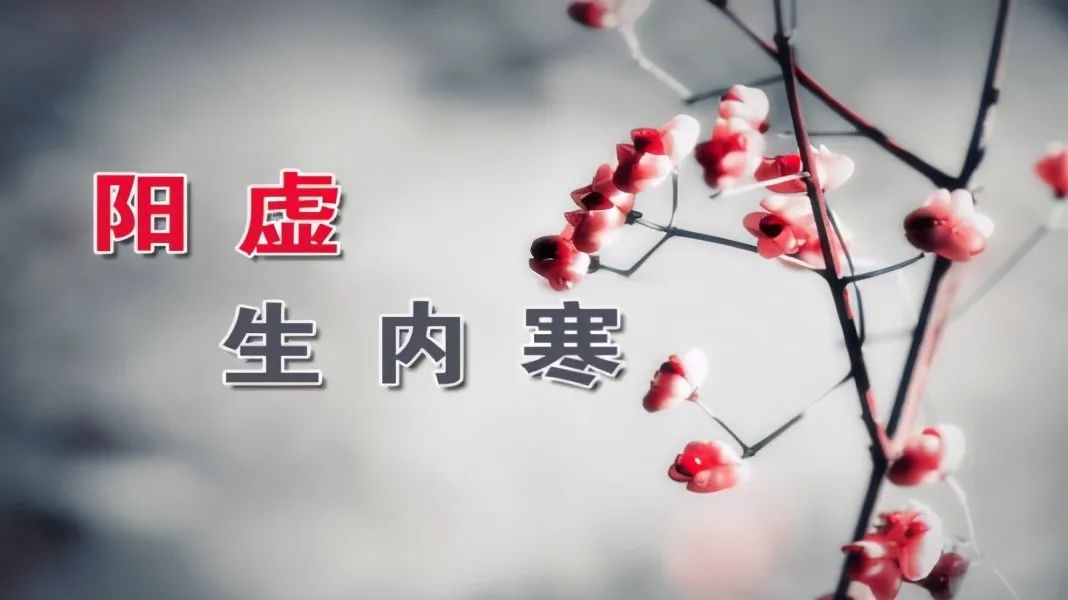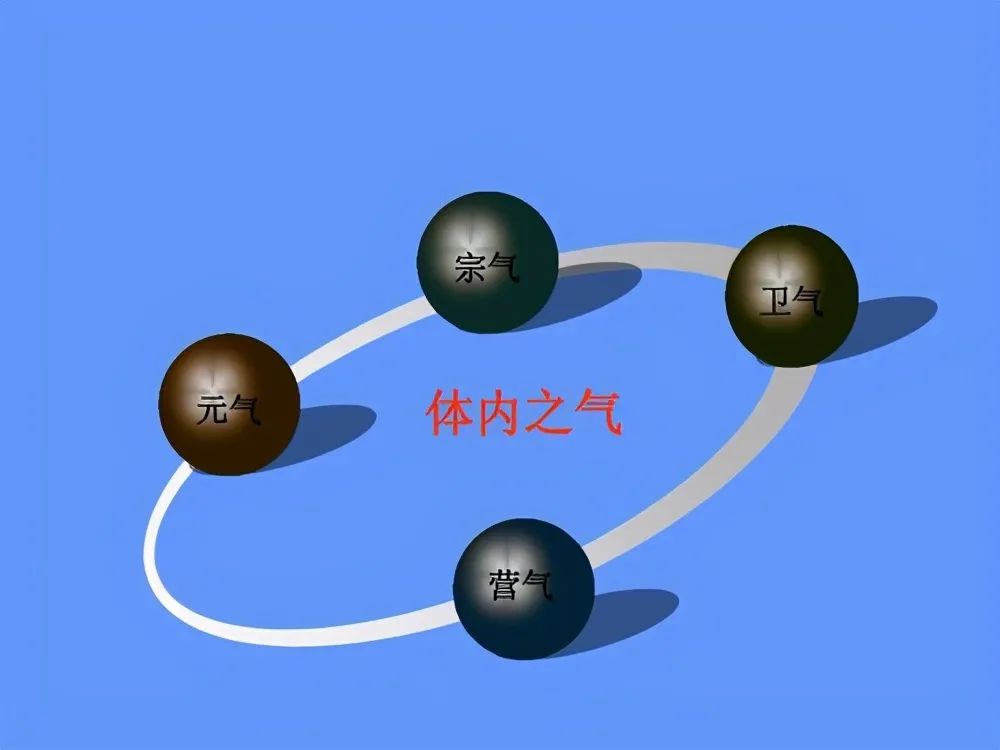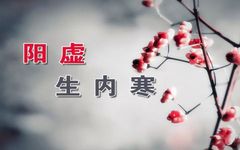In daily life, there are always some individuals who have poor health year-round. While everyone else is wearing short sleeves, they are still dressed in thick cotton clothing; during autumn and winter, they are often the first to put on thermal pants.
This condition is what we commonly refer to as “Yang Deficiency Constitution” (yang xu ti zhi). Yang deficiency leads to coldness, and with insufficient warmth in the body, it naturally requires more protection from the cold.
The key point is that individuals with Yang deficiency often have a significantly poorer mental state, feeling low for extended periods and lacking interest in anything. Even more distressing is that they frequently catch minor colds, which greatly affects their work and life.

So, how does one develop a Yang deficiency constitution?
Many people think that Yang deficiency is simply a lack of Yang Qi or an excess of Yin and cold. But why would Yang Qi be insufficient?
Generally speaking, a significant portion of those with Yang deficiency constitution is due to weakness of the spleen and stomach (pi wei xu).
A large part of Yang deficiency originates from issues with the spleen and stomach.
The “Yang Qi” we often refer to is actually an abstract concept that cannot be seen or touched. It encompasses a wide range, including the Emperor Fire (jun huo) and Minister Fire (xiang huo), as well as Wei Qi (defensive Qi). Moreover, what we generally call “Yang deficiency constitution” is essentially a deficiency of Wei Qi.
What is Wei Qi? Wei Qi circulates at the surface of the body, acting as a barrier to protect the body from external pathogens. It can be considered our “protective umbrella.” Wei Qi is generated from the transformation of the essence of food and fluids by the spleen, and it is associated with the lung’s dispersing and descending functions, with Ying (nutritive Qi) circulating within the vessels and Wei circulating outside.
With insufficient Wei Qi, the body’s resistance is lowered, leading to frequent minor issues like colds. Therefore, individuals with spleen and stomach weakness not only suffer from poor diet or insufficient Qi and blood but also exhibit a more pronounced phenomenon: the formation of Yang deficiency constitution.

Individuals with spleen and stomach weakness often have Yang deficiency constitution. Here are three methods to strengthen the spleen and stomach and boost Yang Qi:
1. Regulate Qi and Strengthen the Spleen
Not all Yang deficiency constitutions require warming and tonifying Yang Qi. A significant portion of Yang deficiency can be adjusted simply by strengthening the spleen and benefiting Qi. This is also why some individuals, although appearing to have Yang deficiency constitution, easily develop heat symptoms when they supplement.
If the issue is merely a stagnation of Qi leading to poor Yang Qi rising, known as “false Yang deficiency” (jia yang xu), then regulating Qi and strengthening the spleen is sufficient.
2. Strengthen the Spleen and Lift Qi
Within the spleen and stomach’s own Qi dynamics, the spleen Qi governs rising, while the stomach Qi governs descending, making it a pivot for the Qi dynamics of the entire body. When the spleen and stomach are weak, their Qi dynamics will also be insufficient. If the clear Yang Qi cannot be adequately lifted, it can easily be confused with Yang deficiency.
When the spleen’s clear Yang does not rise, common symptoms include dizziness, fatigue, spontaneous sweating, shortness of breath, and digestive issues like diarrhea. This is what TCM refers to as “Spleen Qi Sinking” (zhong qi xia xian). At this time, treatment should be based on strengthening the spleen while also lifting the clear Qi.
3. Warm Yang and Strengthen the Spleen
Yang deficiency constitution caused by spleen and stomach weakness generally requires methods to warm Yang and strengthen the spleen. How to warm Yang and strengthen the spleen? There are many options for warming Yang, such as dried ginger (gan jiang) and cinnamon (rou gui), which are excellent for tonifying spleen Yang. However, generally speaking, for self-regulation, individuals with Yang deficiency constitution due to spleen and stomach weakness can appropriately add ingredients like ginger and leeks, and stew foods that are mildly warming and Qi tonifying, such as beef and lamb.
In summary, individuals with spleen and stomach weakness often exhibit some Yang deficiency constitution, but Yang deficiency constitution does not necessarily arise solely from spleen and stomach weakness. When we regulate, we should still base our approach on strengthening the spleen, combined with methods to regulate Qi, tonify Qi, lift Qi, and warm Yang to gradually improve Yang deficiency constitution. A body with sufficient Yang Qi is more vibrant, healthier, and more likely to enjoy longevity.
Note: Some text and image resources in this article are sourced from the internet. The purpose of reproducing this article is to convey more information. If there are any errors in source attribution or infringement of your legal rights, please notify us immediately, and we will delete it promptly and apologize to you.
You might also be interested in:
Three foods that are most effective against dampness; eat a little every day, and dampness will disappear, and weight will drop back to double digits.
The “champion” for dispelling dampness has been found; it is not pepper or yam. Drink a cup every day, and dampness will decrease day by day.
For those with heavy dampness, pay attention to eat more of these four foods in daily life to strengthen the spleen and dispel dampness, or stay away from dampness.

